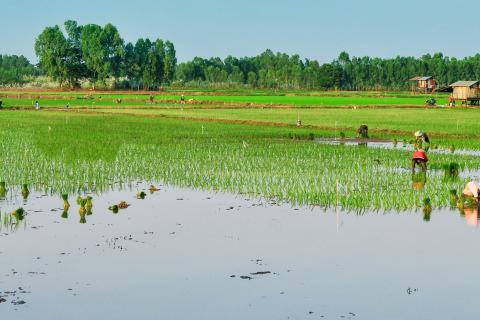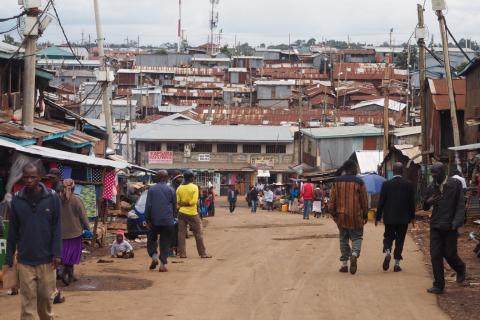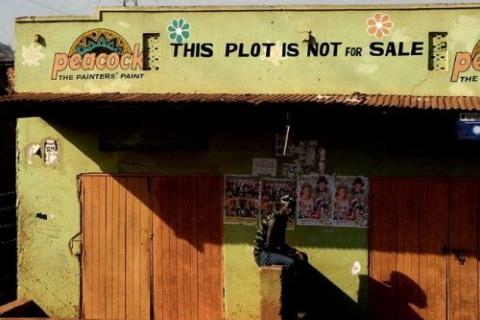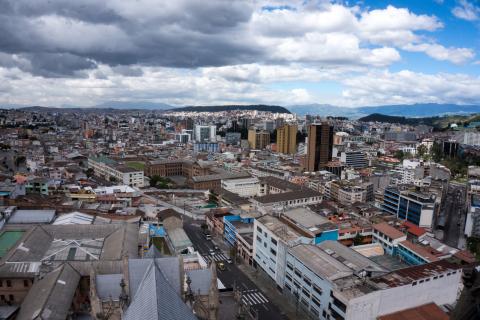Secure Land Rights: A Sustainable Solution At the Intersection of Climate Change and COVID-19
COVID-19 and climate change are impacting all of us, but the dual disasters have a disproportionate impact on communities in emerging economies. These impacts are felt most acutely in rural areas, especially among indigenous communities and minority groups, and by women and others who are marginalized within those groups.












